Information resources
For each area of digital literacy, we have selected online resources that can be used to improve one's knowledge and skills. We offer links to the University of Basel own's resources as well as further internet links. Use the navigation menu above to select the area in which you would like to improve your knowledge and skills.
Furthermore, we have classified the information resources in this web portal in six categories, which correspond to different goals and learning:
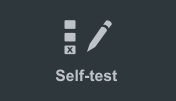
1. Self-tests
Selft-tests are online questionnaires and quizzes to evaluate one's knowledge and skills in one particular area of digital literacies.
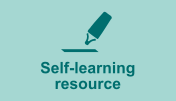
2. Self-learning resource
Self-learning resources are didactically prepared learning materials on a specific topic that are especially suited for independent learning. Self-learning resources usually offer a systematic treatment of the topic on hand.
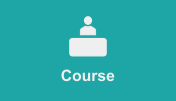
3. Courses
Courses are a form of knowledge transmission in which the interaction between teachers and students is central. Courses are designed and supervised by one or several instructors and take place within a specified period of time. The interactive part of the course can be in-class, online, or a mixture of both (hybrid).
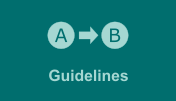
4. Guidelines
Guidelines are detailed, concrete, often step-by-step instructions on how to perform specific tasks. They are useful when learning a new tool or technique.
![[Translate to English:] Tool](https://digitalskills.unibas.ch/fileadmin/user_upload/digital_skills/tool5-ico-klein.png?1618765906)
5. Tools
Tools are instruments humans can use to perform concrete tasks more quickly, more precisely or more safely.
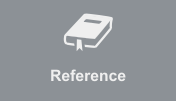
6. References
References are documents with in-depth information on specific topics. Their form range from organizational reports and specialized websites to scientific literature.
Get started by selecting one area of digital literacy where you would like to make progress:
- Information resources on general ICT proficiency
- Information resources on information, data and media literacy
- Information resources on research, development and innovation
- Information resources for communication, collaboration and participation
- Information resources on learning and teaching
- Information resources on identity, safety and well-being
